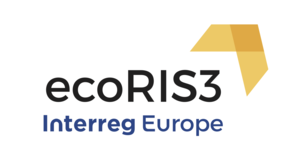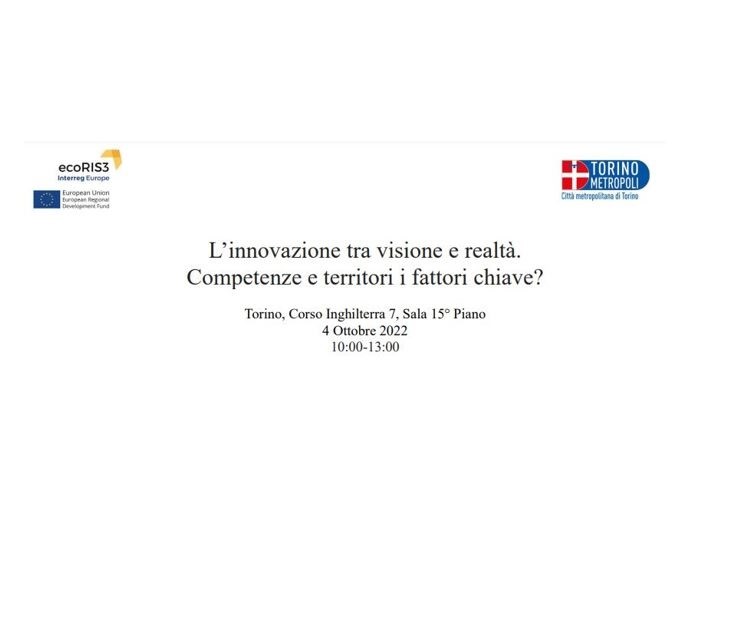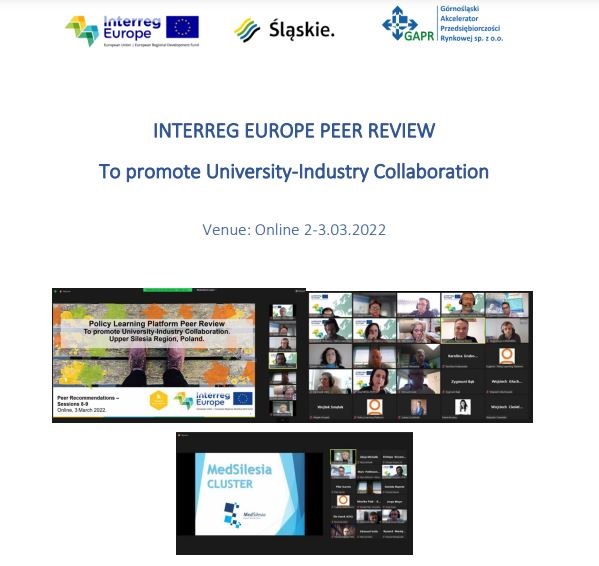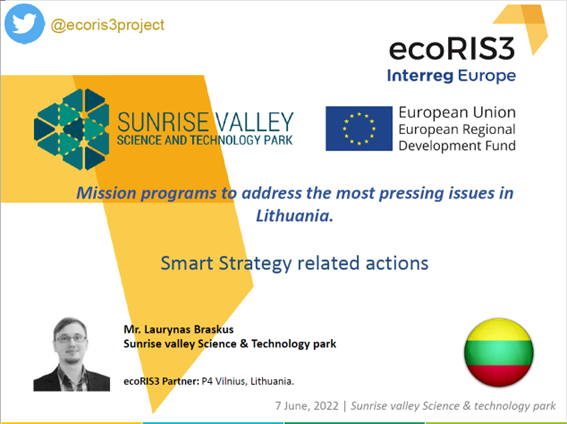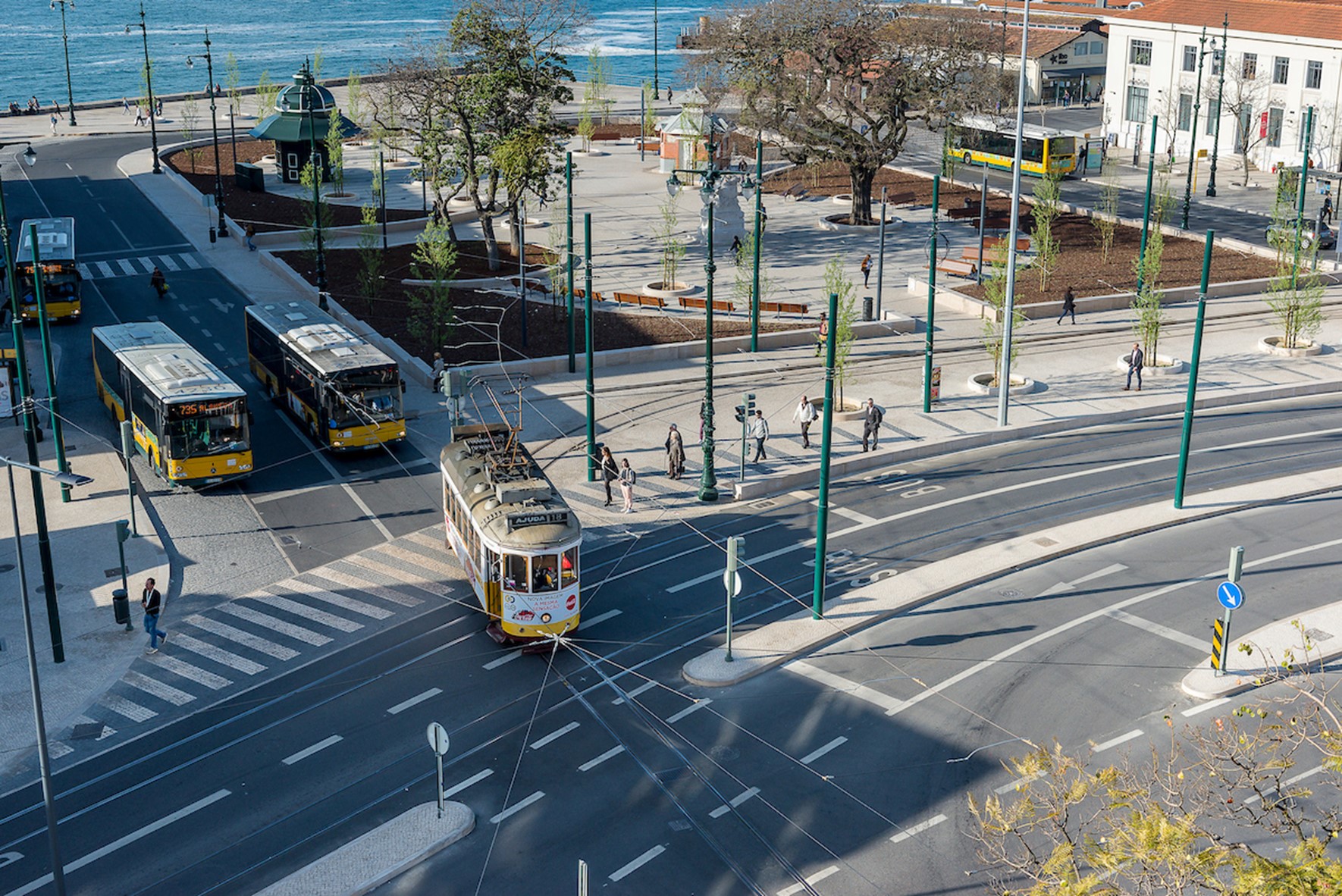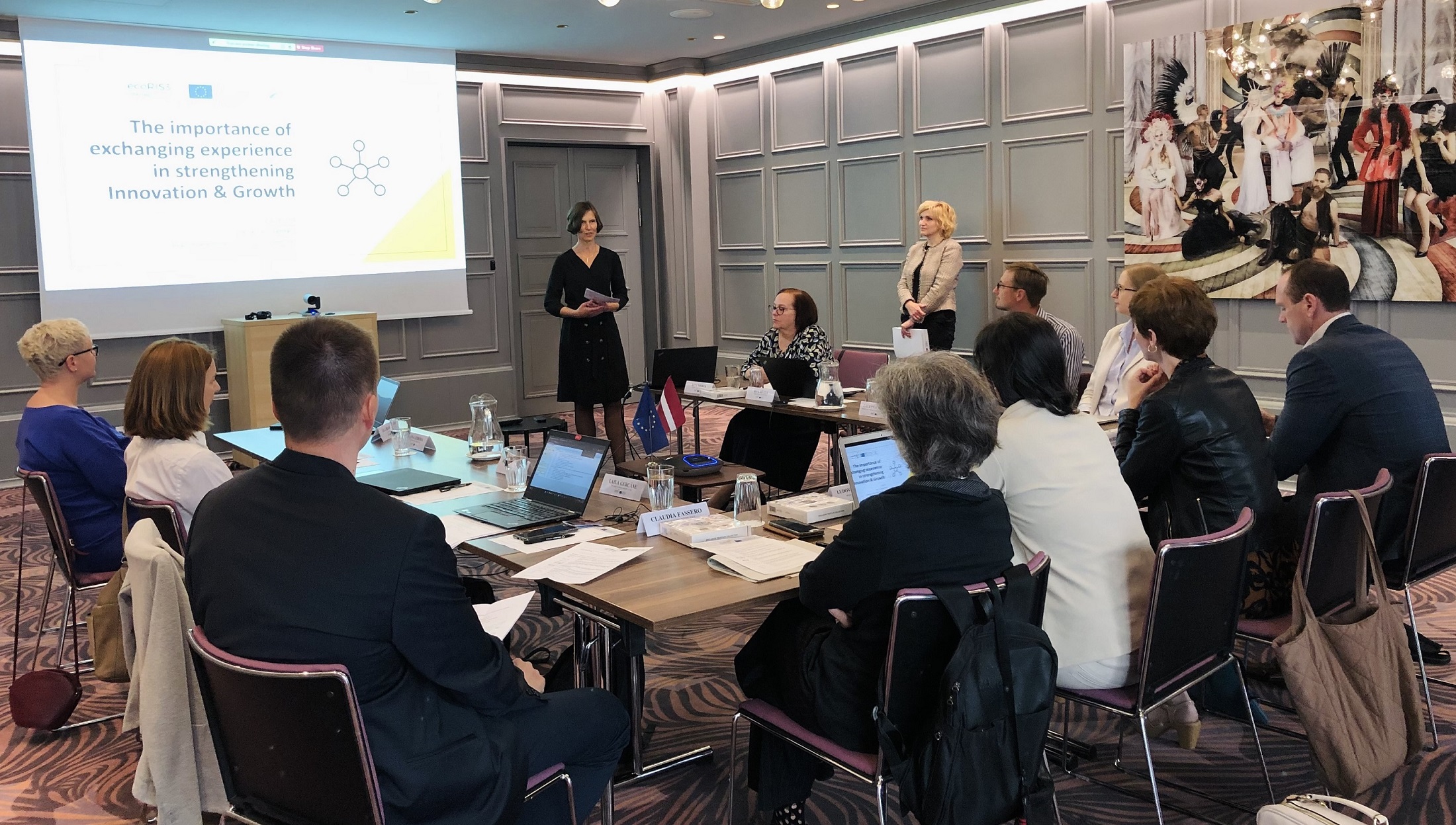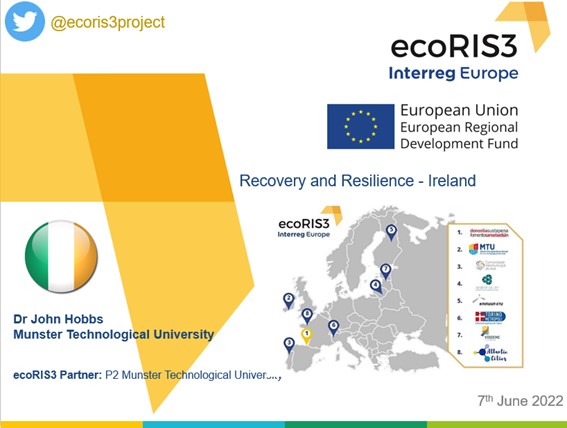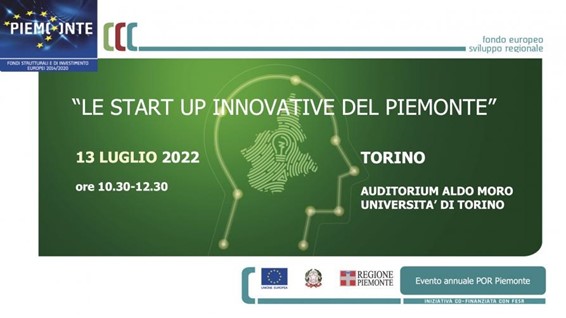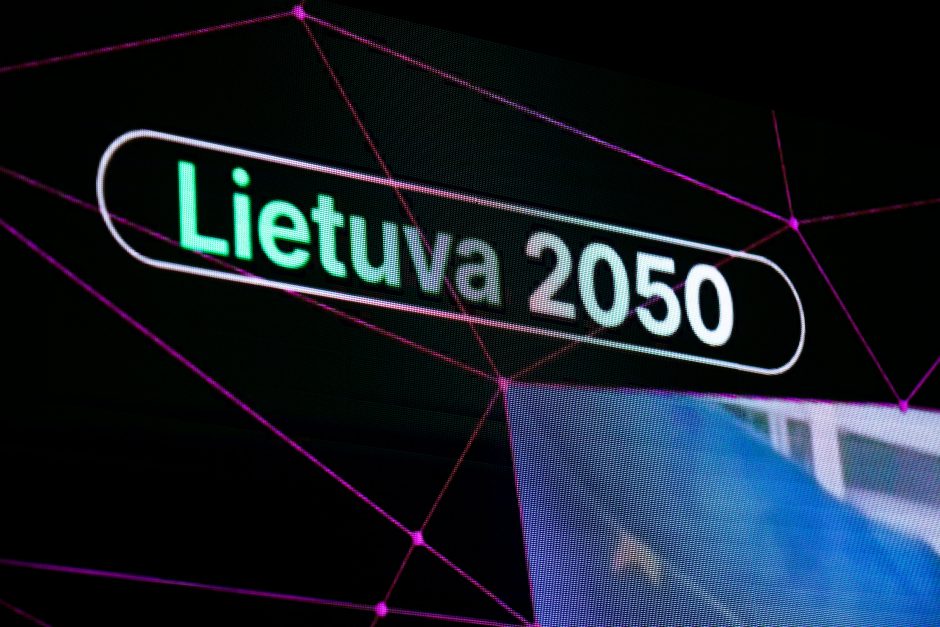The final ecoRIS3 conference hosted by Vidzeme Planning Region, on the 7th and 8th of June '22, provided an exchange of experience between all partners to overcome the escalation of crises including – Brexit, COVID-19 and the Russia-Ukraine war.
It was of great interest to MTU as partners who represent Irish stakeholders on the project that three areas really stood out in the response to crisis across the partnership, and that variations on these themes were important to the responses of regions and countries.
The aforementioned policy responses pertained to:
• Clustering
• Reskilling and upskilling
• Innovation towards the Green and Digital transition
Although Ireland’s enterprise sector remains highly resilient, enterprises still face challenges, to respond to disruptive trends and opportunities accelerated by the crises, there is also the increasing urgency to decarbonise and digitalise further. The Department of Enterprise is developing a White Paper on Enterprise (due Nov. '22) to ensure that enterprise policy in Ireland adapts to meet these challenges while protecting the core elements which make Ireland’s economy attractive for investors, companies and workers.
Clustering:
Ireland is becoming more acutely aware of how clusters are being utilised in the response to crisis and are a key connection point between Government and Industry in Smart Specialisation policies. Through ecoRIS3 clustering has been the spine of the Action Plan and the project has provided excellent opportunities to learn from the clustering programmes in Piedmont, Latvia and the Basque Country.
The Metropolitan City of Turin showcased their role as “orchestrators” in clustering policy as they foster fruitful synergies among all relevant local stakeholders, due to its coordination role in supporting the regional innovation ecosystem.
Clustering is prominent In Ireland’s recently published National Smart Specialisation Strategy for Innovation 2022-20227, it states that “Smart Specialisation will encourage the maximising of sectoral strengths through clustering and the scaling of Ireland’s existing areas of research excellence. This will be achieved through: Supporting the development of a new National Clustering policy framework through the identification of regional and national sectoral strengths, capabilities and opportunities; and Supporting the scaling of Ireland’s existing network of national R&D facilities and clusters by establishing a coherent national framework for S3, and by setting out opportunities that exist within Ireland’s regions.”
Reskilling and Upskilling:
Like ecoRIS3 partner regions, with the upheaval and changes brought about by on-going crises – this has naturally led to change and re-orientation of sectors, some shrinking whilst others expand rapidly.
The Irish government offered a range of initiatives for reskilling and upskilling to help businesses through the COVID-19 pandemic. This included a one-stop shop for people seeking to retrain or upskill: The online portal gov.ie/therightcourse is a one-stop shop for businesses, employees or unemployed persons to find the third level options available to them.
Furthermore, The Skills to Advance initiative offers valuable skills development opportunities to those in lower skilled jobs, working in small and medium sized enterprises in vulnerable sectors. Enterprises can contact their local Education and Training Board (ETB) to avail of this support.
Innovation Towards the Green and Digital Transition:
During the final ecoRIS3 conference in Riga it was clear that whilst clustering/competitiveness and reskilling and upskilling of the workforce were primary focus of regional and national development agencies and policy makers that impact in these areas had to be aligned with work towards the green and digital twin transitions.
The Green Transition Fund is part of Ireland’s National Recovery and Resilience Plan (NRRP), which is funded by the European Union. Speaking at the launch of the Green Transition Fund the Tánaiste and Minister for Enterprise, Trade and Employment Leo Varadkar, states “this new €55 million Fund has two elements, one part to help businesses make a plan particular to their company to give them clarity on what exactly needs to be done and another part, more aimed at our manufacturing industry, investing in more environmental way of doing things".
The Digital Transition Fund has been allocated funding of €85 million during the period to 2026 and in the 2022 Scheme (allocated budget: €10 million), will operate across 3 tracks to increase digitalisation of all businesses across products, processes, supply chains and business models. This will bring about productivity gains, access to new markets, increased innovation, and improved competitiveness.
For Further information on ecoRIS3 and progress regarding Clustering Policy in Ireland please contact, Dr John Hobbs by e-mail on [email protected]
